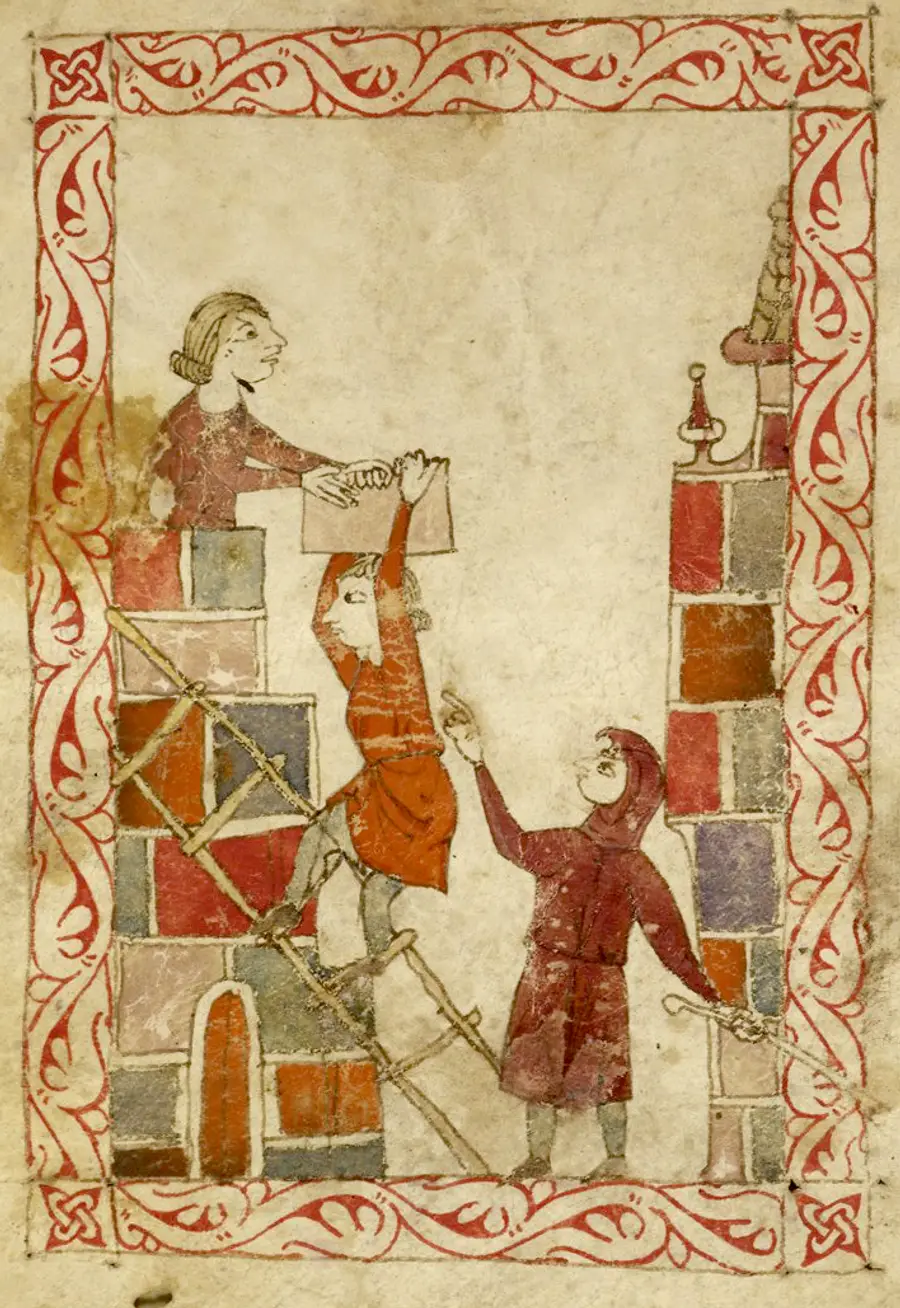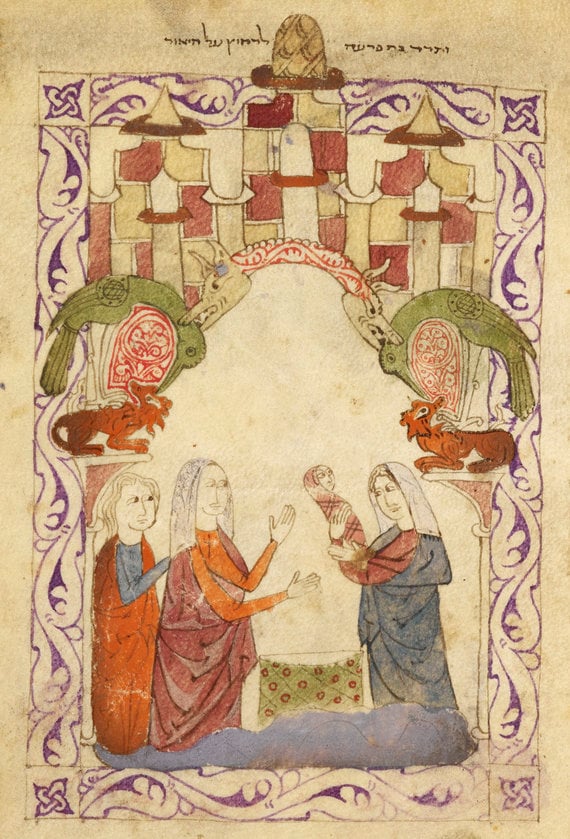Torah Study Date
Saturday, January 21, 2023
Verses Covered
Exodus (Sh’mot) 1:1-1:10
Next Session
Saturday, January 28, 2023
Starting at Exodus 1:11
Last week we discussed “b’nei Yisrael” (children of Israel) and noted that the phrase no longer denotes Jacob’s children but now denotes his descendants and that, in Exodus, we are moving from an intimate family circle to a large group of people, a people or an ethnic group. We noted that the number of persons coming from Jacob’s thigh (that is, the number of descendants) is seventy and that seventy is a typological number (a number that has a meaning, in this case, meaning that the group is very large).
We noted that Joseph and his brothers’ generation all had died and that the children of Israel/descendants of Jacob had become an even larger group, that the text says they were fruitful and swarmed and multiplied and became very, very powerful and that the language suggests the Israelites are like insects infesting Egypt, that the repetition of “meod” creates emphasis through repetition. We discussed at length the idea of a new king rising over Egypt who did not know Joseph. Joseph had proved to Pharaoh that he and the children of Israel were trustworthy but the new king did not know them or know that they were trustworthy and not a threat. In fact, he told his people that they were a threat—that they were more numerous and powerful and, if the Egyptians were not wise, that if there were war, the Israelites might war against the Egyptians. We discussed this fear being common regarding new immigrant groups and that it involves us and them thinking (them as a threat to us) rather than a more inclusive kind of thinking.
Our artwork this week is from the late thirteenth century Hispano-Moresque Haggadah from Castile (Spain) now part of the manuscript collections housed in the British Museum in London–Israelite Forced Labor (above) and Pharaoh’s Daughter Finds Moses (below). The illustrations were painted in pastel color washes and tempura with Spanish and Moorish (that is, Islamic) motifs and style.


